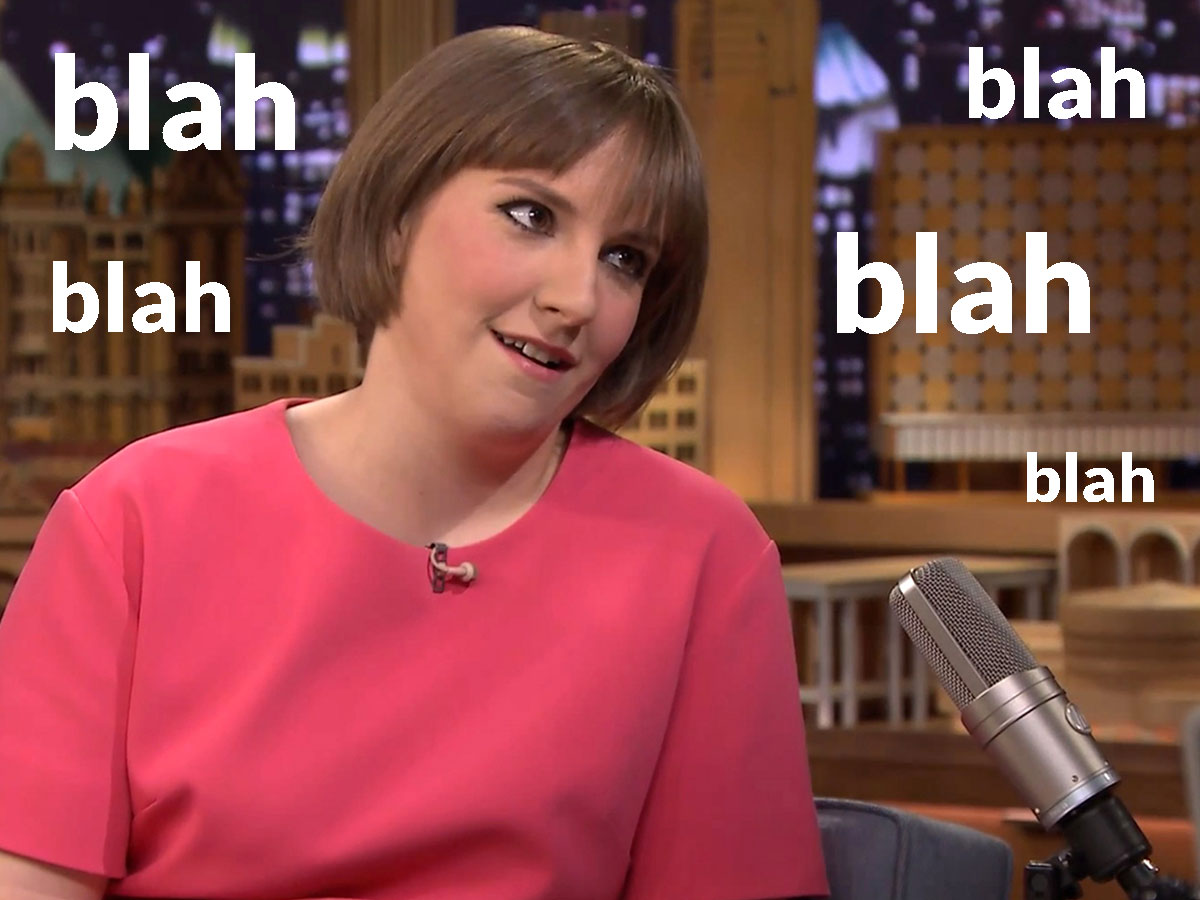The secret lives of girls with high functioning autism

Hannah tells us what it can be like to have a disorder that’s often hidden in plain sight
Girls with autism are hidden almost as much as we hide our disorder. When such a key part of our identities is resented and relentlessly misunderstood, showing a true reflection of ourselves is often totally out of the question. Many with high functioning autism have the ability to express themselves, but lack the amplification to be heard. We want to identify with the experiences of others, and to be able to resonate with other people in a way that enables us to feel less lost and lonely. Our need for representation is vital.
Many with high functioning autism have the ability to express themselves, but lack the amplification to be heard.
Because the media portrays such a particular depiction, it’s easy to assume that this applies to everyone with autism. A characterisation of a boy prone to rocking in a corner with their hands over their ears, deficient of social skills and ability to hold eye contact, but with an exceptional knowledge of a specialist subject – probably maths, science or vehicles – commonly exists. However, that is far from the truth. Although this applies to some, this stereotype excludes many, particularly those who are high functioning, and particularly girls. After the popularity of shows including Netflix’s ‘Atypical’ and BBC One’s ‘The A Word’, alongside bestselling books like ‘The Curious Incident of the Dog in the Nighttime’, we are in danger of adhering to a perspective that largely erases us, and attaches the viewpoint of such a complex disorder to only that of a stereotypical male protagonist.
Despite only being one voice in the masses, I want to tell my story. I have previously felt that telling it would be taboo, and it has only become apparent to me of late that we must become brave enough to speak out, or this chain of ignorance will never be broken. Writing this isn’t easy, and with my perfectionist trait looming (often unrecognised linked with autism), getting everything right is of pinnacle importance, albeit impossible. This applies to so many aspects of my life – anything I create, from essays to artworks, must be executed with utmost care and precision. The characteristics of perceptiveness and attention to detail add to this pressure, working both in and against my favour. On one hand, I strive for high quality work, considering every aspect until every part meets my high standards of satisfaction, meanwhile, the pain-staking process acts as a barrier to getting things done, making even the smallest of tasks become all-consuming. Honestly, it’s exhausting. Where most other people may be able to do things quickly and simply, the emotional effort, as well as the time spent, can be overwhelming, but rewarding too.
We are in danger of adhering to a perspective that largely erases us, and attaches the viewpoint of such a complex disorder to only that of a stereotypical male protagonist.
Similarly, this occurs with my relationships. I place a high value on having deep and meaningful personal connections with others, typically relating to others better on a 1:1 basis and, when I was younger, turning to adults for friendship whenever possible. While often producing a thoughtful and special relationship, I know that this isn’t everyone’s desire, making it tricky when they don’t want the same thing. Dabbling in the adult world before reaching adulthood has let me experience an abundance of things unobtainable otherwise, for which I’m grateful to have the ability to do. However, this comes with limits, as age boundaries and social factors leave me straddled somewhere between adolescence and adulthood myself. I’m being capable of attending London’s West End theatre press nights, for example, yet not quite sure how to make faultless scrambled egg. My learning style is built around assimilation and being shown the ‘correct’ way of doing things, to ensure maximum likeliness of ‘getting it right’ and being as perfect as possible first time. For those who are high functioning, it often doesn’t occur to us that there may be a need to break down tasks, and I feel as if I’ve completely missed the mark on so many goals I should’ve achieved by now. In reality, though, I’ve just been growing to know my limits and where to push myself, which has been greatly enhanced by removing the comparison to those surrounding me. They are hitting milestones dictated by society that I am not yet able to achieve yet, and that’s ok.
Shrouded in overwhelming anxiety, social interaction has never been a breeze, though I’m also still aware that even if I was capable of reducing this to a minimum, it would remain lingering as part of me. It creates an invisible blockade between those who hold the social power, and those who, more often than not, find it frightening and unfathomable. Subsequently, I feel stuck on the outside, out of place and unable to reach into the realms of what is considered ‘normal’. This results in the drive to try to predict the unpredictable in people, with an incomprehensible pressure to get it right, when it just isn’t realistic. I’ve always tried to seek a role model who I deem ideal to mirror any behaviours I struggle with, and am also aware that I feel safer knowing lots about a specific person or situation to become more comfortable. I tend to familiarise myself with my surroundings as much as possible to help calm the process. While I slightly envy those who ‘fit the mould’, I don’t want to become anyone else – I just want to continue learning to manage my methods of doing things in a way that suits me best, while being accepted for being who I am.
While I slightly envy those who ‘fit the mould’, I don’t want to become anyone else – I just want to continue learning to manage my methods of doing things in a way that suits me best, while being accepted for being who I am.
In terms of putting this into practice, it’s seldom straightforward. Throughout my time in education, there were never enough provisions in place to help me. I was relatively unproblematic in the classroom and produced the desired grades when necessary, so I was overlooked and left alone to navigate my issues. I was frequently faced with unplanned seating changes, off-timetable days and group work in class. Reasonable adjustments and amendments didn’t seem necessary to the teachers who didn’t get that I had autism – and the majority didn’t even attempt to. This ideology continues into the workplace too, where the way to discourage those with autism from taking on the roles they want to is to limit us to positions that minimise our differences in society, rather than opening up opportunities that make use of the great bits of our characters and allow us to flourish.
After mastering the art of hiding our autism, us autistic girls might appear no different to anyone else in class or at work, but this superficial mask can only go so far, and used persistently, can be utterly draining. The constant rules and routines, sensory issues, obsessions, and more flood our brains with no escape. On the outside, we might appear fine, while underneath, it’s far from easy. In some ways, I’m thankful for the fact that it’s possible to hide away and become someone else, because there are no restrictions stopping me from taking on the world on occasion – yet every so often, the heart-breaking reality hits: my true self gets muddled into the expectations I’m forced to adhere to. Once hidden, it’s no longer a significant problem to anyone but ourselves, but with the right understanding from those around us, we can thrive as much as anyone else.
After mastering the art of hiding our autism, us autistic girls might appear no different to anyone else in class or at work, but this superficial mask can only go so far, and used persistently, can be utterly draining.
Ultimately, girls with autism, particularly high functioning, are vastly disregarded. Studies and media representations are primarily based on the male experience and fail to reflect our important demographic that need to feel represented to prevent feeling isolated and lonely in a world we feel we don’t fit into. It’s crucial that we allow for girls with autism to speak up and break free from our own little bubbles, be able to explore society confidently, and be welcomed as ourselves and nothing less. With an increase in understanding, kindness, education, and willingness to listen from those around us, I hope that more girls with high functioning autism will talk about the subject. Though sometimes it’s tough, I long for us all to stop sitting in silence, concealing what is actually such a beautiful gift that merely assists in making society a better, and more diverse, place.
Do you relate to Hannah’s experience? Let us know in the comments.








